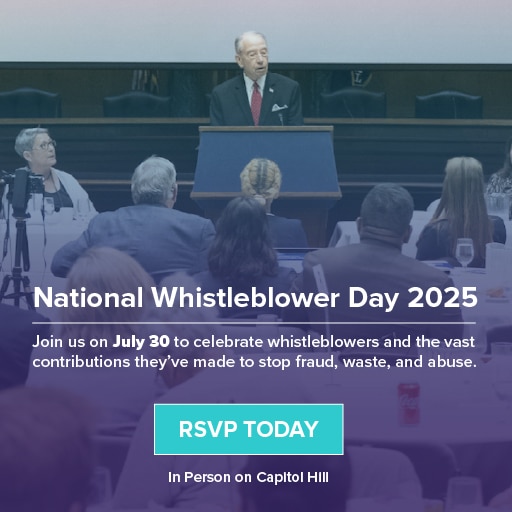
We are pleased to repost, with permission, this blog entry by Charlie Goetsch from trainlawblog.com, announcing a favorable and precedent-setting decision by the Department of Labor’s Administrative Review Board (ARB). Congratulations to Charlie Goetsch for obtaining the outstanding result for his client, and for ending the era of railroad interference in the medical care of its workers.
By Charlie Goetsch:
In a decision that will send shock waves reverberating throughout the railroad industry, railroad medical departments now are prohibited from doing anything that directly or indirectly interferes with the treatment prescribed by an injured worker’s treating doctor for the entire period of medical treatment, not just immediately after an injury. Once again, thanks to the Federal Rail Safety Act, the balance of power is shifting from management to rail labor, and railroad medical departments will never be the same.
Here’s the context. When a chair at his Metro North Railroad work place collapsed as he sat down, my client Anthony Santiago suffered an injury to his low back. Metro North ordered him to go to its Medical Department, which confirmed he had an occupational back injury and advised him to see an orthopedic physician. For two months Metro North followed its policy of paying the medical bills for occupational injuries. However, when a MRI scan confirmed Santiago had a herniated disc and his doctor prescribed treatment for the disc, Metro North’s Medical Department immediately reclassified Santiago’s occupational back injury as “non-occupational” and refused to pay for the treatment. As a result, Santiago suffered a four month delay in his prescribed treatment and was forced to pay $16,520 in medical expenses out of his own pocket.
FRSA Subsection (c)(1) states that ” a railroad may not deny, delay, or interfere with the medical or first aid treatment” of an injured employee. OSHA found Metro North violated Santiago’s subsection (c)(1) rights, but an Administrative Law Judge viewed the scope of (c)(1) as being narrowly limited to the initial medical treatment immediately after an injury, and dismissed the complaint. Santiago appealed to the Administrative Review Board, which reversed the ALJ in a precedent-setting decision confirming the broad scope of (c)(1).
The ARB spelled out the meaning of Subsection (c)(1)’s phrase “may not deny, delay, or interfere with medical treatment”:
These are prohibitive words simply meaning to impede, slow down, or prevent medical treatment from moving forward or occurring. An act that causes medical treatment to be rescheduled necessarily means that the treatment was delayed. Any obstacle placed in the way of treatment necessarily results in interference. Denial means to refuse or reject a request for medical care.
The ARB confirmed that the term “medical treatment” means the entire period of an injured worker’s treatment and recovery, and that the sweeping mandate of subsection (c) means railroads must stay completely out of the way of the treatment prescribed by an injured employee’s medical providers:
The FRSA statute contemplates that the railroad carrier will stay completely out of the way of medical treatment, and if it does exactly that, it will not be liable for whistleblower retaliation if the independent medical treatment providers conclude that no more care is needed for the work injury. However, the instant that the railroad carrier directly or indirectly inserts itself into that process and causes a denial, delay, or interference with the medical treatment, causation for a violation is presumed. . . . In agreeing to pay for medical treatment for work injuries, a railroad cannot insert itself into the process and influence the level of care provided.
The ARB also affirmed the independence of the FRSA from the FELA:
FELA’s requirement that an injured employee prove negligence does not foreclose the same employee from proving under section 20109(c) that the railroad violated a whistleblower protection provision. Certainly, there can be overlapping remedies common to both legal theories, but the FELA itself [at 45 U.S.C. Section 58] provides that nothing shall limit the liability of railroads or impair the rights of their employees under any other act of Congress. Thus, an employee who files a whistleblower complaint under the FRSA can also file a negligence claim under the FELA. A railroad’s defense against an employee’s FELA claims is a separate issue from those addressed in FRSA whistleblower claims.
Bottom line? Railroads can no longer interfere with the medical treatment of injured workers. Ever. In any way. The ARB’s decision is binding on all OSHA investigators and ALJs nationwide. The balance of power has shifted, and now rests firmly in the hands of the injured worker and his treating doctors. For the full text of Santiago v. Metro North Railroad, click here.


